Toyota is accelerating its development of solid-state batteries following a “technological breakthrough” in their durability and is fast progressing with plans to ultimately produce EVs with more than 930 miles of range.
Solid-state batteries – so called because they use a solid electrolyte rather than a liquid one, as in today’s lithium ion units – have a much greater energy density than current-generation batteries.
Their introduction means manufacturers could drastically increase the range of electrified vehicles without also incurring a size or weight penalty.
Equally, they could provide a range comparable with today’s EVs while significantly reducing weight, potentially making electric lightweight sports cars possible.
Toyota hinted at the sorts of EVs this technology could facilitate in 2021, when then-president Akio Toyoda shocked with the reveal of 15 electric concept cars, including a low-slung, GR-branded two-seater in the mould of the old Toyota MR2.
Toyota has also said that the electric successor to the Lexus LFA – shown in concept form at last year’s Goodwood Festival of Speed – is likely to use a solid-state battery.
It will also feature a bespoke manual gearbox to make it more engaging to drive, which will be a first for a mass-production EV.
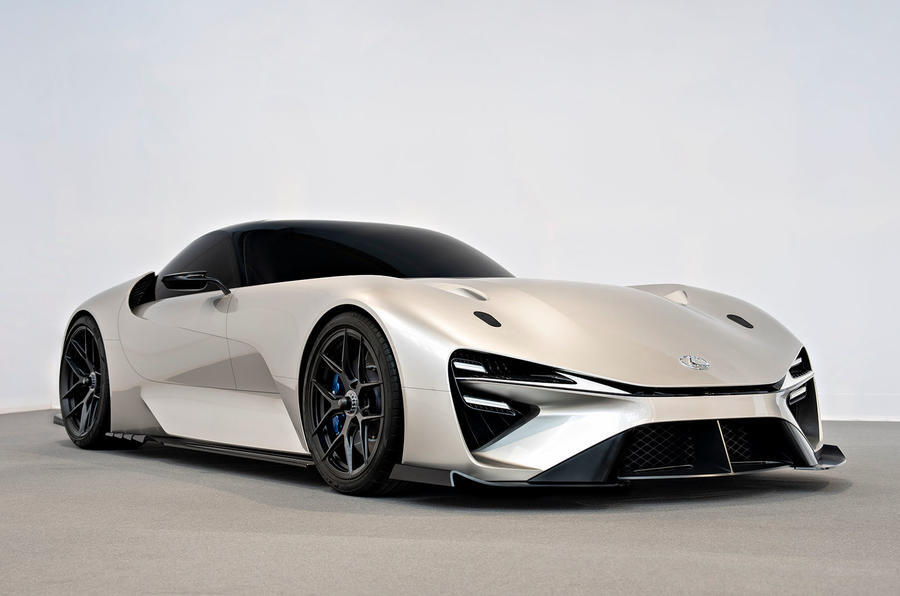
Toyota said in a recent strategy update that it was developing a mass-production method for its current solid-state cells, eyeing a launch between 2027 and 2028.
The introduction of these cells would give a 20% improvement in driving range compared with Toyota’s next-generation lithium-ion batteries, to around 745 miles.

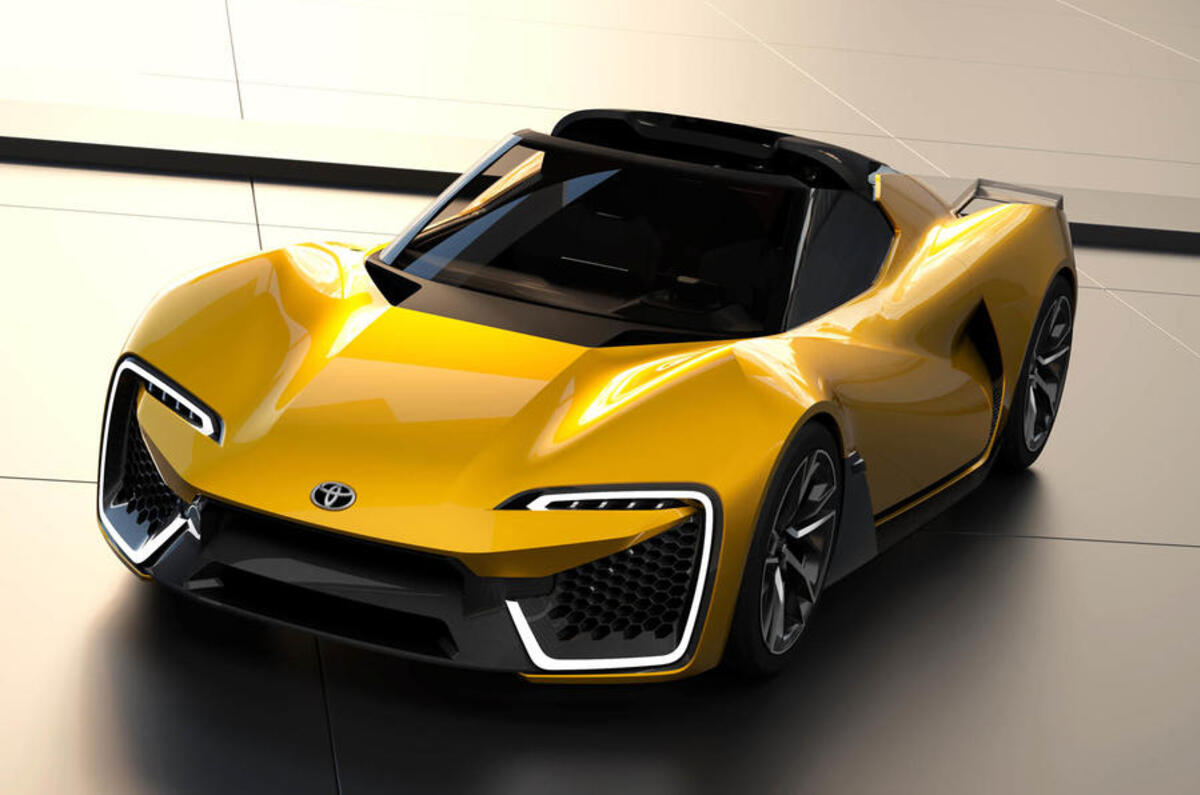
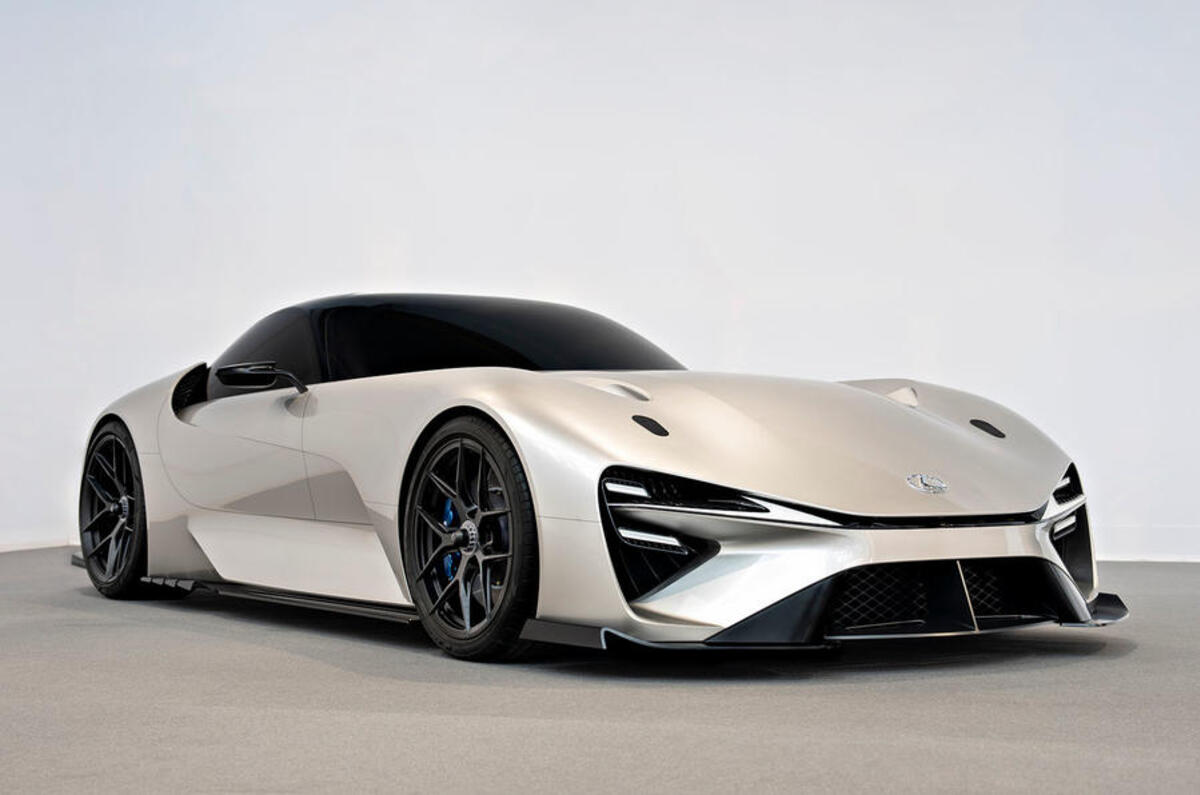
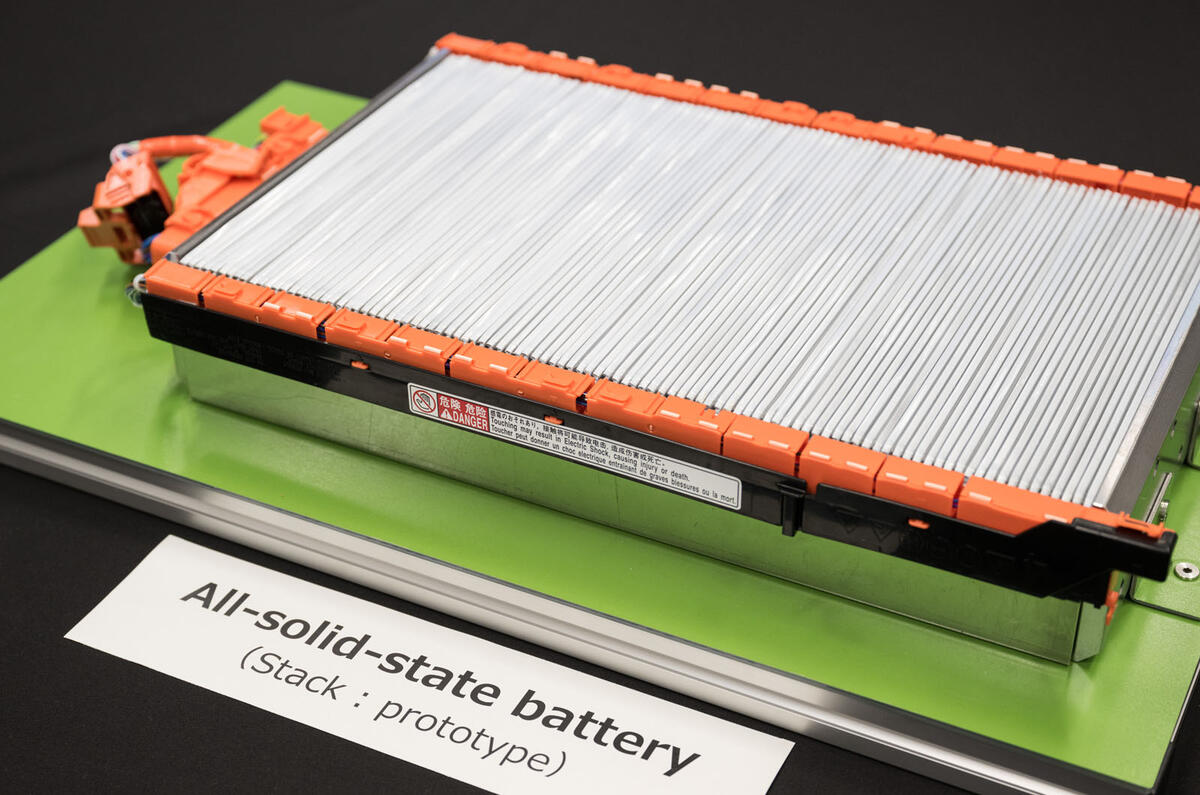
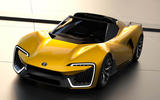
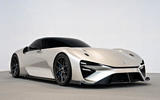
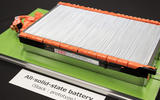

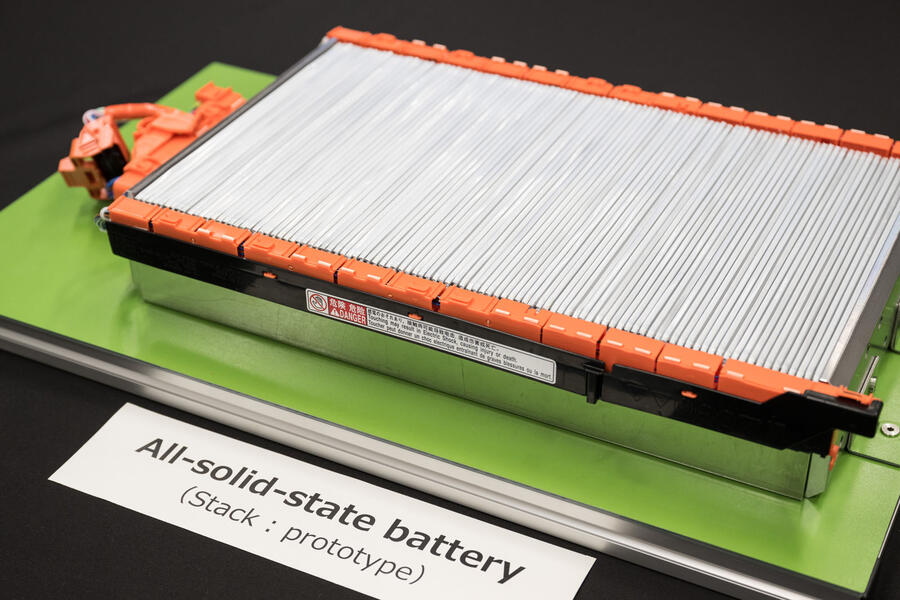





Add your comment